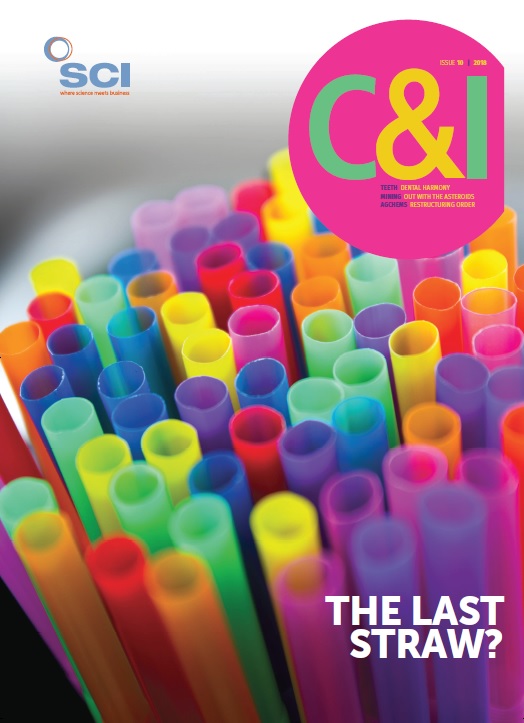‘Today’s cryptography is essentially broken once a quantum computer is built,’ according to Vadim Lyubashevsky, a cryptographer at IBM Research in Zurich, Switzerland. The code-breaking warning goes out to companies and organisations that are storing data now or building devices and infrastructure that need to be secure for years to come.
Instead of using 0s and 1s to build code, a quantum computer uses ‘qubits’ – superconducting electric circuits that can be manipulated by microwaves to be in between 0 and 1 or both at the same time. A quantum computer could hold more data, be far more powerful and work in a completely new way. If you want to make a computer 1bn times more powerful, you need 1bn times more transistors, Lyubashevsky explains. ‘Qubits offer exponential growth. Fifty qubits could hold around a million gigabits of information in a quantum machine.’
People could download encrypted data now, wait for quantum computing to become a reality, and then use this powerful tool to break the old codes, says Lyubashevsky. ‘When will they break today’s cryptography? I don’t know. No one knows. People normally guess that this is ten to 30 years away.’
For now, quantum computing is a work in progress. IBM in New York and in Zurich have commercial quantum computers operating on up to 20 qubits, used by Daimler, Barclays and Samsung, and have demonstrated a 50 qubit prototype. But the number of qubits is only part of the story, because they also need to have good coherence, which relates to how long the qubits are available to compute. Improving coherence includes shielding the chilled qubits – kept at around zero degrees kelvin – from external disturbances such as fluctuations in temperature. Another factor is the ‘connectivity’ between qubits – how many can be entangled.
Lyubashevsky says laws can require clinical trial data to be stored for 25 years, so this is an example where forward thinking in cryptography is required. Similarly satellites and oil rigs built today may still be operational by the time a quantum computer comes along, so should be made quantum safe. ‘Lattice-based cryptography is an option. This can be run on today’s computers. It should be secure against future quantum computers,’ he says.





